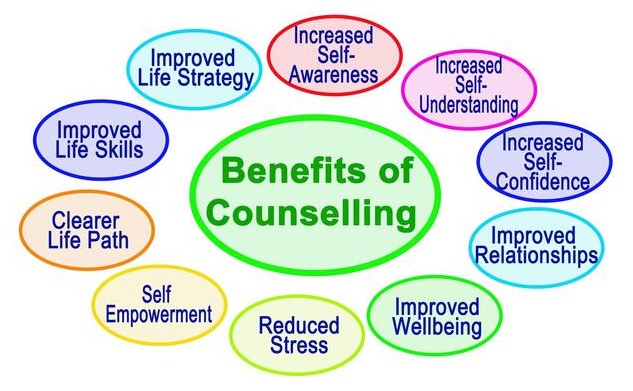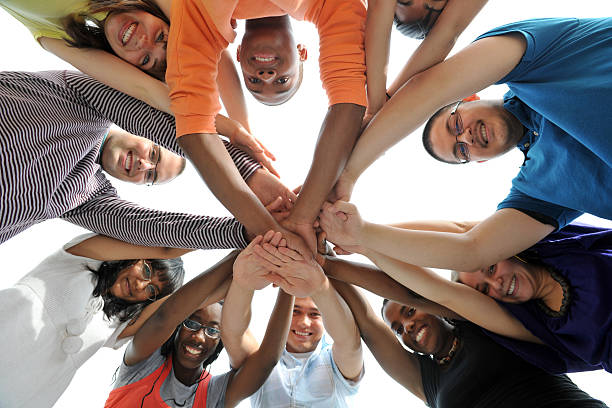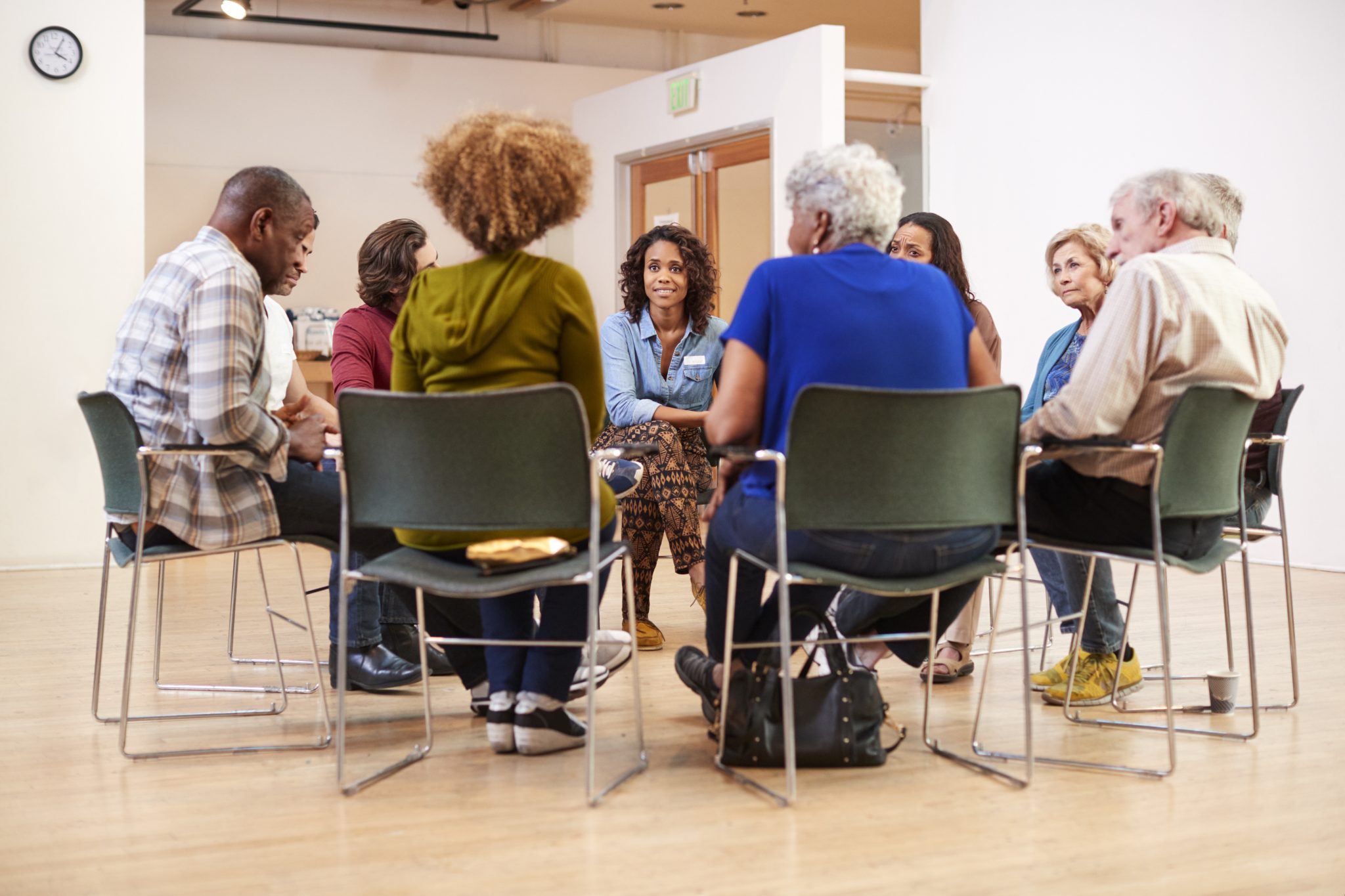HARBEL C.R.E.W. is an in-school and out-of-school time program that provides a safe environment for youth to meet with a counselor in a group or individual setting to discuss and receive support for their individual or family mental health, addiction, or abuse issues.
C.R.E.W. has four components: addiction and secondary generation recovery, mental and behavioral health counseling, youth diversion and youth AIP, and the out-of-school time academic and vocational enrichment program. The program reduces existing gaps in services, among partner agencies and stakeholders, and provides direct services to youth in Baltimore City.
HARBEL C.R.E.W benefits Baltimore youth ages 11-24 (which includes Opportunity Youth).
THE HARBEL approach includes strong community partners that provide referrals and services in support of C.R.E.W programming.
Our partners are on the frontline in identifying those that are at-risk, and need assistance, identifying specific needs of our youth and providing the services needed for each to overcome her or his addictions, mental health issues, and to complete their juvenile detention successfully and not return.
Our partners include Arch Social Community Network, Baltimore Crisis Response, Inc., the Baltimore City Health Department, Strength Families and Building Communities, MISHA House, and the Baltimore City Board of Education.
In addition to our Community Partners, HARBEL also collaborates with the Baltimore City Police Department Northeast District (NECOP), Northeast Citizens On Patrol, the Mayor’s Office, the States Attorney’s Office, and the Baltimore City Health Department. These community, city, and state partners are our stakeholders in the success of each youth in our program and the Baltimore City community HARBEL serves.
HARBEL CREW programming uses a comprehensive trauma-informed approach, which is both survivor-defined and culturally attuned. In addition, our victim (child/youth component) focuses on an empowerment-based approach comprised of peer support groups (including peer-run support groups), direct counseling, youth empowerment committees, and a trauma-informed, emotionally safe best practice for peer leaders and counselors. The activities for each program component are:
Addiction and Secondary Generation Recovery:
Addiction and Secondary Generation Recovery primarily focuses on prevention and breaking the multi-generational cycle of addiction. By identifying youth who may be predisposed to addiction and providing them with education and the tools, the youth need to address their traumatic and adverse childhood experiences, allowing them to make better choices. Youth are provided:
• In-school peer group sessions
• Assessment (emergency and referral-based)
• Professional peer support services.
• Intensive outpatient addiction treatment
• Individual counseling
• Out-of-school time enrichment activities (starting summer 2022) include athletics, motivational speakers, events, vocational and job incubator training, and a job board.)
Mental and Behavioral Health Counseling:
Mental and Behavioral Health services provide mental health counseling for adults and adolescents on an outpatient and intensive outpatient level of care. The program is licensed by the Office of Health Care Quality: Behavioral Health Administration. Youth are provided:
Assessment
• In-school group sessions
• Individual counseling sessions
• Family counseling sessions
• Out-of-school time enrichment activities (starting summer 2022) include athletics, motivational speakers, events, vocational and job incubator training, and a job board.)
Youth Diversion and Youth AIP:
HARBEL created an Anger Intervention Program (AIP) specifically for adolescents. HARBEL has been a certified provider of adult AIP and discovered that such a program does not exist in Maryland. The program includes all types of intimate partner violence regardless of sexual orientation. The program consists of ten modules completed over five weeks.
The Juvenile Diversion program recognizes that youth that enter the juvenile justice system are most likely suffering from underlying mental health issues that directly affect the decisions that made them break the law. The program focuses on a trauma-informed approach that allows the youth to acknowledge their trauma and mental health needs while being accountable for their actions program. The program also recognizes that most traumas and mental health diagnoses are directly related to childhood ACEs. In Baltimore, 56% of the youth population has experienced all the above. In the Juvenile Justice System, that number is 70%. Youth are provided:
• Assessment
• Individual mental and behavioral counseling
• Individual addiction treatment
• Individual testing to comply with terms of diversion or court orders
• Peer Support
• Are eligible to participate in the out-of-school time component
• AIP completion of 10 modules, 5-week program
Out-of-School Time Academic and Vocational Enrichment Program:
Launching Summer 2022 - More Information to Come!
Objective 1: To provide a safe environment for youth in Baltimore to heal through counseling and peer support from trauma due to transgenerational alcohol and substance abuse and family violence.
Objective 2: To provide real time assessment to youth in Baltimore City that suffer from Adverse Childhood Experiences (ACEs), have traumatic stress due to violence, and alcohol and substance addiction.
Objective 3: To reduce victimization and criminal behavior in Baltimore City youth who suffer from alcohol and substance addiction.
Objective 4: To reduce the recidivism rate of youth referred for treatment for alcohol and substance addiction facing detention or incarceration by the Department of Juvenile Services, the State’s Attorney’s Office, and the Maryland Judiciary.
Objective 5: To reduce the number of youths using alcohol and substance addiction to cope with their traumatic stress due to ACEs.
Objective 6: To reduce the number of female youths entering detention and the recidivism rate of female youth referred for treatment for mental health, alcohol and substance addiction by the Department of Juvenile Services, the State’s Attorney’s Office, and the Maryland Judiciary.










